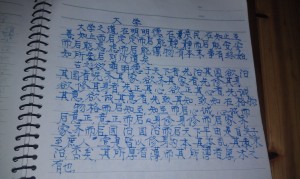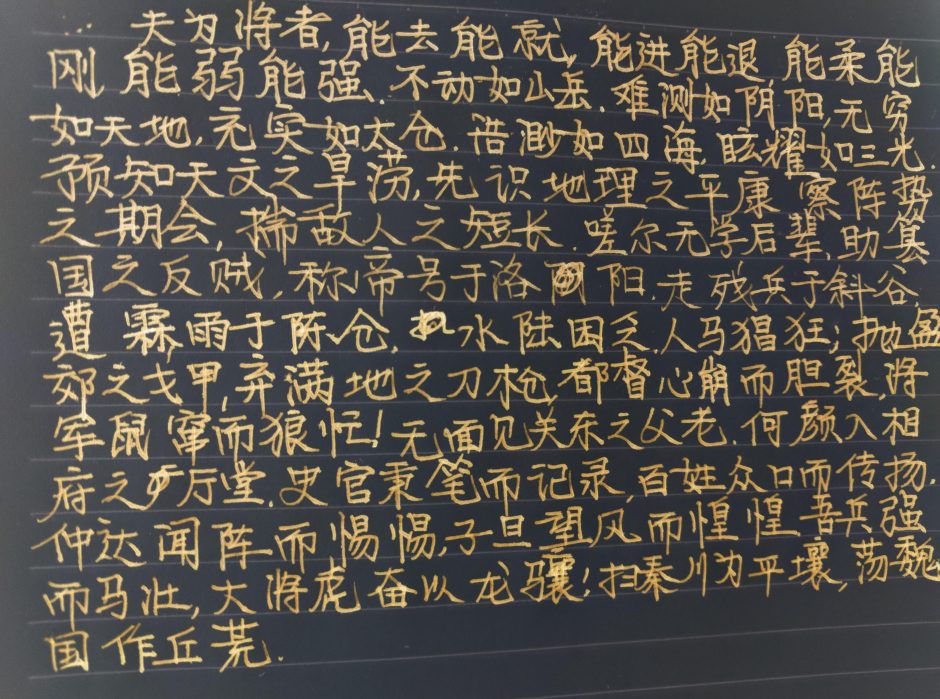http://poj.org/problem?id=1927
/* @author: */
import java.util.Scanner;
public class Main {
public static void main(String[] args) {
Scanner sc = new Scanner(System.in);
int k = 1;
double l1, l2, l3, s, c, p, R, ctg1, ctg2, ctg3, len, r, ls, area;
while( sc.hasNext() )
{
l1=sc.nextDouble();
l2=sc.nextDouble();
l3=sc.nextDouble();
len=sc.nextDouble();
if( l1 == 0 && l2 == 0 && l3 == 0 && len == 0 )
break;
c = l1 + l2 + l3;
p = ( l1 + l2 + l3 ) / 2;
s = Math.sqrt( p * (p-l1) * (p-l2) * (p-l3) );
if( len >= c )
{
System.out.printf( "Case %d: %.2fn", k++, s );
continue;
}
R = s * 2 / c ;
if( len <= R * 2 * Math.PI )
{
System.out.printf( "Case %d: %.2fn", k++, len*len / (4*Math.PI) );
continue;
}
ctg1 = ( p - l1 ) / R;
ctg2 = ( p - l2 ) / R;
ctg3 = ( p - l3 ) / R;
r = ( c - len ) / ( 2 * ( ctg1 + ctg2 + ctg3 ) - 2 * Math.PI );
ls = c - 2 * ( ctg1 + ctg2 + ctg3 ) * r;
l1 -= ( ctg2 + ctg3 ) * r;
l2 -= ( ctg1 + ctg3 ) * r;
l3 -= ( ctg1 + ctg2 ) * r;
p = ( l1 + l2 + l3 ) / 2;
area = ls * r + Math.sqrt( p * (p-l1) * (p-l2) * (p-l3) ) + r * r * Math.PI;
System.out.printf( "Case %d: %.2fn", k++, area );
}
}
}
Meta
-
Recent Posts
Recent Comments
Archives
- May 2024
- April 2023
- February 2023
- January 2023
- December 2022
- November 2022
- September 2022
- June 2022
- July 2021
- January 2021
- February 2020
- September 2019
- March 2018
- February 2018
- August 2016
- July 2016
- June 2016
- May 2016
- April 2016
- March 2016
- February 2016
- January 2016
- December 2015
- November 2015
- October 2015
- September 2015
- August 2015
- July 2015
- June 2015
- May 2015
- April 2015
- March 2015
- February 2015
- January 2015
- December 2014
- November 2014
- October 2014
- September 2014
- August 2014
- July 2014
- June 2014
- May 2014
- April 2014
- March 2014
- February 2014
- January 2014
- December 2013
- November 2013
- October 2013
- September 2013
- August 2013
- July 2013
- June 2013
- May 2013
- April 2013
- March 2013
- February 2013
- January 2013
- December 2012
- November 2012
- October 2012
- September 2012
- August 2012
- July 2012
- June 2012
- May 2012
- April 2012
- March 2012
- February 2012
- January 2012
- December 2011
- November 2011
- October 2011
- September 2011
- August 2011
- July 2011
- June 2011
- May 2011
- April 2011
- March 2011
- February 2011
- January 2011
- December 2010
- November 2010
- October 2010
- September 2010
- August 2010
- July 2010
- June 2010
- May 2010
- April 2010
- March 2010
- February 2010
- January 2010
- December 2009
- November 2009
- October 2009
- September 2009
- August 2009
- July 2009
- June 2009
- May 2009
- April 2009
- March 2009
- February 2009
Categories

